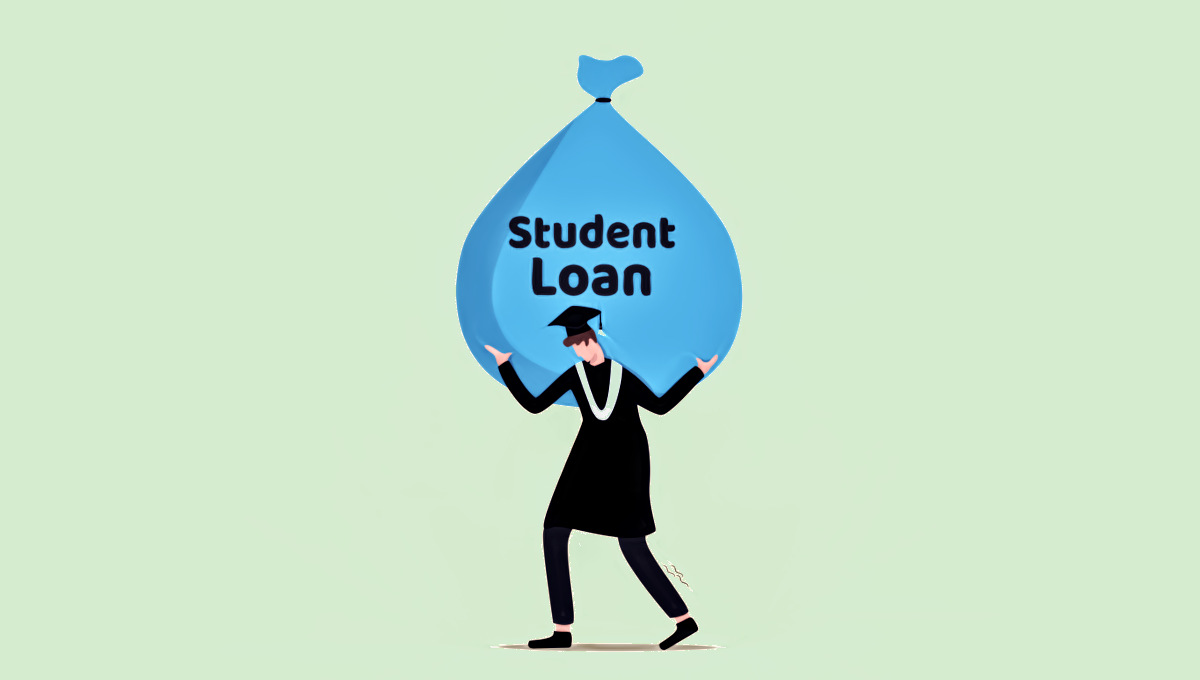The Better Business Bureau is sounding the alarm about a recent increase in student loan forgiveness scams after President Joe Biden unveiled a plan to cancel debt for certain borrowers.
Less than a month ago, Biden pledged to cancel up to $10,000 in federal student loans and up to $20,000 for Pell Grant recipients. The relief is limited to individuals earning less than $125,000 per year and households earning under $250,000 per year.
Barry Moore, president and CEO of the Better Business Bureau serving Central Virginia, said imposters wasted no time trying to take advantage of Americans anxious for relief. He fears reports of these scams will grow moving forward.
“There is so much money involved. It’s so easy to do over the phone. People are so anxious and they’re in a hurry to get it,” Moore said. “This can grow very fast. By the Christmas holiday, it could be exploding if we are not cautious, if we do not get the word out.”
Moore said imposters claiming to represent the new federal debt cancellation program are reaching out by phone and by mail.
In an effort to steal your personal and banking information, the scammers ask you to fill out a form to see if you qualify for loan forgiveness.
Other times, scammers urge people to pay an upfront fee or redirect their current student loan payments. Borrowers never have to pay for help with their federal student aid.
“No government agency is going to ask you for a fee like that to just see if you qualify for a program. So beware,” Moore said.
The Biden Administration has said that millions of Americans will get loan forgiveness automatically based on information the federal government already has.
However, the U.S. Department of Education is expected to launch an application in early October that the agency is urging borrowers to fill out.
The BBB says scams can evolve over time. Here are some tips to avoid falling victim:
When in doubt, contact the government agency directly. If you receive a message that seems legitimate, but you aren’t sure, stop communicating with the person who contacted you. Then, verify their claims by contacting the government agency they say they represent. For details on the student loan forgiveness program, visit ED.gov or StudentAid.gov.
Never pay fees for a free government program. Government agencies will never ask you to pay a fee to benefit from a free government program. Don’t let scammers persuade you otherwise. Con artists may say the fee will get you relief faster or will unlock additional benefits, but that is all part of the scam.
Think twice about unsolicited calls, emails, or text messages. Usually, government agencies won’t reach out to you unless you request to be contacted. Out-of-the-blue communications are a red flag.
Don’t give in to scare tactics. If someone claims you’ll miss out if you don’t act immediately, be wary. This is an all-too-common tactic scammers use on their victims. Instead of responding, stop communications until you can verify what they say is true.
—
Jackie DeFusco, “New student loan forgiveness scams on the rise, BBB says”. September 12, 2022 ABC 8 News, new-student-loan-forgiveness-scam-on-the-rise-bbb-says/





0 Comments